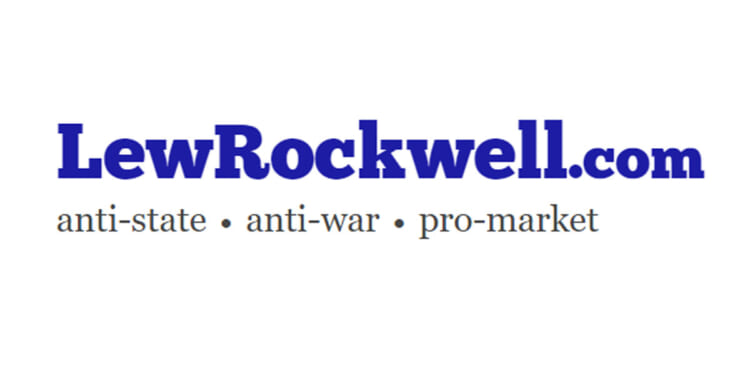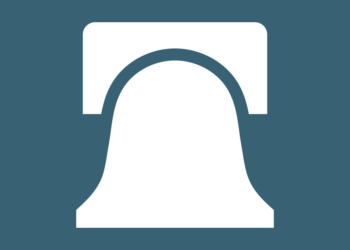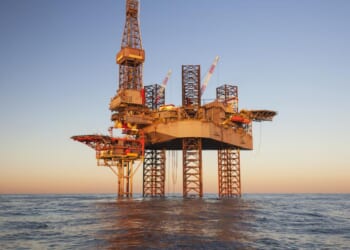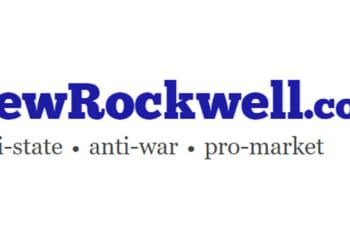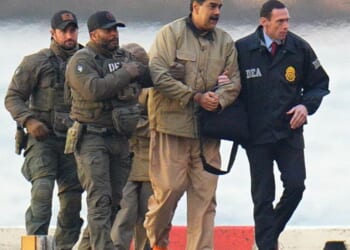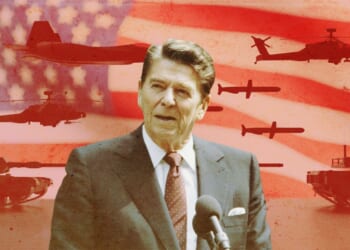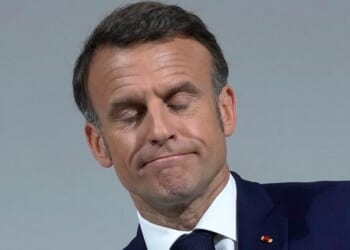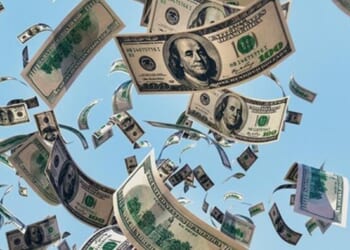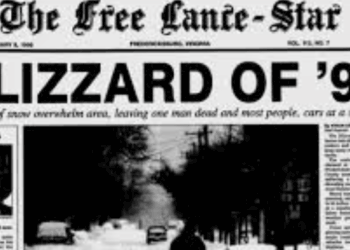Once upon a time, in the not so distant past, Vladimir Putin wanted to join NATO. It was early in his Presidency in 2000 when he expressed interest in Russia becoming part of NATO.
In a March 2000 BBC Interview, when asked if Russia could join NATO, Putin then-Acting President, said:
“Why not? I don’t rule out such a possibility”.
Later the same year, Putin apparently raised the idea with then-President Bill Clinton, saying something to the extent, “Let’s consider an option that Russia might join NATO.” And Clinton replied, ”Why not”.
To make this accession talk even more serious, Putin raised the point with then-NATO Secretary General George Robertson. According to Robertson, Putin even insisted that Russia should be invited to join NATO as he felt Russia was too important for having to stand in line with other countries, waiting for a possible accession.
Eventually Putin was told that this was not the way it worked, that a country wanting to join needed to file a formal application.
As we all know, Russia did not join NATO. As some say, Putin felt “snubbed” having to apply as other “minor countries”. He wanted to be treated as an “equal” partner, whatever that meant. Maybe, he felt Russia should be treated as “more equal” than others.
Well, that did not work out. But not just for this minor reason. The Kremin and of course President Putin himself started realizing that NATO was expanding ever more eastwards, despite the promises made in 1990 by the Allies, when German Unification was discussed:
“NATO will move not one inch east of Berlin”, said then-US Secretary of State James Baker. He said it in February 1990 to then-Soviet leader Mikhail Gorbachev.
Though not in writing, such a political verbal commitment has legal standing.
Early in the first decade of the current millennium, President Putin began seeing NATO’s continued eastward expansion – despite the 1990 promise – as an increasing threat to Russia’s security. The Russian Security forces, from which Putin then and now, receives a lot of support, viewed already then membership in a western alliance as a betrayal of Russia.
The 2002 US withdrawal from the Anti-Ballistic Missile Treaty (ABMT) further exacerbated Russian distrust of the west. The last bits of trust went down the drain with the 2005 Orange Revolution in Ukraine, clearly initiated and fueled by the west.
Later the western (US)-sponsored Coup d’État in February 2014 in Ukraine – the beginning of the current conflict between Ukraine and Russia, accompanied by the ever-closer movement of NATO troops to the reaches of Moscow. Now (unofficially) in Kiev. And the rest is ongoing history.
Nevertheless, the question may be asked, what if Russia joined NATO in or around the year 2000?
President Putin is a clever statesman. Did he just test the waters when he asked President Bill Clinton and had apparently serious talks with NATO’s Secretary General about joining?
Or was he serious, because he foresaw what eventually happened, the breaking of the 1990 James Baker promise, and the steady eastward movement and encirclement of Russia by NATO, and hoped, as a member, as he said, a strong, “more equal” member, he could have stopped this move?
And, if it would have come down for NATO to decide on a Russian application, would the NATO Generals have accepted it? Would Russia eventually have accepted NATO membership, in a movement that became ever-more aggressive against Russia?
It is doubtful because with the fall of the Berlin Wall, NATO officially ceased to be a necessary defense force for Europe against possible (imaginary) aggressions from the Soviet Union / Russia.
NATO was never designed to be a “defense force”, but one of aggression – aggression primarily against the Soviet Union / Russia. The same as the two World Wars – their purpose was to conquer the Soviet Union / Russia, her riches, her immense territory. Still today, this is the key purpose of NATO, eventually taking over and conquering Russia, come hell or high water, or both. And in the process, destroying Europe, beginning with the neo-fascist armed to the teeth Germany and France following closely in Germany’s footsteps.
It will not happen. But this never-ending attempt may again destroy Europe, as a potential “hot” WWIII – conventional or nuclear – would most likely be fought again on European soil.
So, let us dwell a bit more on the “What if…” question.
Assuming, in a weak moment of NATO management, the top generals would have said yes to Russian accession. Where would the world stand today? Dominated by a super, unimaginable military force under one roof? A One-World Dictatorship exacerbating current Globalism to the brink… of world collapse?
Or else, would Russia have been the NATO member to convert NATO into a peace-seeking force, basically replacing the useless UN Blue Helmets and more?
Or would Russia have divided NATO into East and West – an equilibrium without an interest in fighting each other but rather in cooperating? Converting NATO into a non-armed “League of Nations”, seeking peace, not war?
Today, we have NATO and the West against the Global South, Russia, China, the Shanghai Cooperation Organization (SCO), the BRICS-plus and the entire Global South. The west which is 15% of world population against the Global South’s 85% of world population, economically about of equal strength right now, both with more than 40% of the world’s GDP.
But financially? Who is running the world’s finances, banks, central banks, Bank for International Settlement (BIS), the Cities of London, Zurich, the Vatican?
Would a NATO-Russia alliance have dismantled NATO and the financial behemoths pulling the strings behind the organizations and institutions we see and fear? And we would have lived in a safer world? Or would we be on the way to a safer world?
Financial equality, based on sovereign national economic output, is a key element to convert the world into a chessboard of more equals, less poverty, more fair opportunities? More space for peace-based growth?
Today, a non-NATO Russia with China and the Global South – can they do it?
Point and counter-point.
Weight and Counter-weight.
What if….?
The original source of this article is Global Research.

